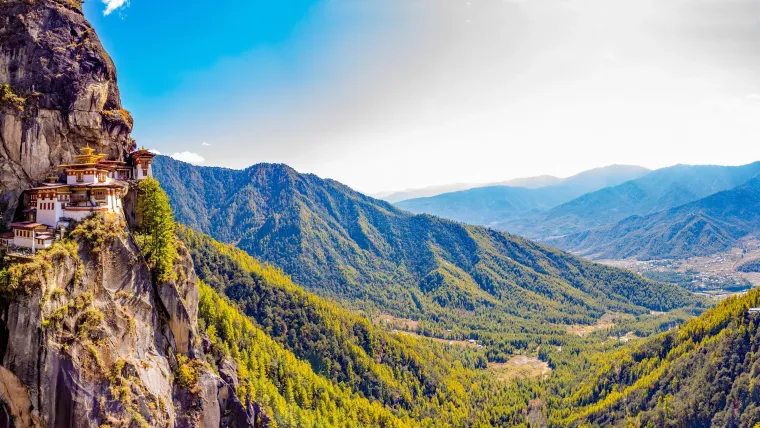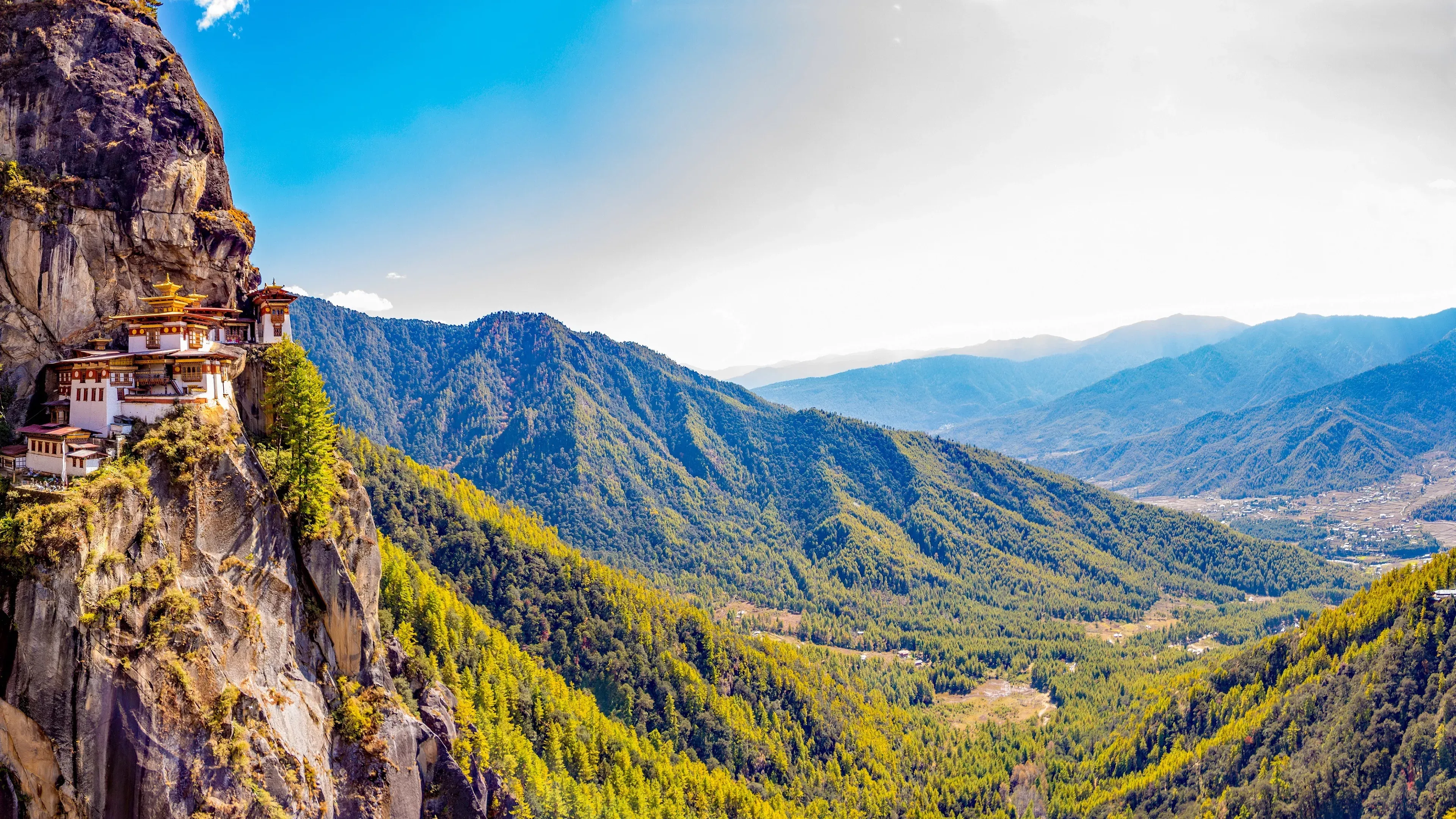🇧🇹 Why Bhutan Should Adopt Blockchain-Based Digital Identity
-

Bhutan is already exploring Web3 — from hydro-powered Bitcoin mining to crypto payments via Binance. The next logical step? Decentralized identity systems that fit its unique culture and values.
 Bhutan’s Unique Identity Challenge
Bhutan’s Unique Identity ChallengeNo surnames — Names are given by monks, often repeated across genders. People are distinguished by name + place of origin (e.g., “Kuenly Dorjee from Paro”). Multiple people can still share exactly the same name and hometown. National ID numbers solve this locally, but not in a digital-first world. How Blockchain ID Could Help
How Blockchain ID Could HelpSelf-sovereign & secure: Citizens control their own data, aligning with Bhutan’s sovereignty-first philosophy. Fraud reduction: Immutable records for education, licenses, and credentials. Healthcare integration: Seamless medical record management at home and abroad. Financial inclusion: Give unbanked citizens verifiable IDs for KYC/AML compliance. Tourism tracking: Boost crypto tourism while maintaining accurate visitor records. Global Examples
Global ExamplesEU: Blockchain diplomas. Germany & South Korea: Piloting blockchain-based national IDs. Bhutan could follow — but with its own cultural and environmental twist. ️ Roadblocks & Considerations
️ Roadblocks & ConsiderationsDigital literacy gaps in rural areas. Environmental ethos: Must ensure blockchain energy use aligns with Bhutan’s carbon-negative status (hydropower helps here). Governance balance: Full decentralization vs. a permissioned blockchain for more state oversight. Bottom Line:
Bottom Line:
A decentralized ID system wouldn’t just be a tech upgrade — it could be a natural extension of Bhutan’s cultural values and commitment to sovereignty, setting a global example for ethical digital governance. -
Bhutan’s approach to Web3 is fascinating because it’s not just about chasing trends — it’s about aligning technology with deeply rooted cultural values. The naming system challenge really highlights why a one-size-fits-all digital identity solution won’t work globally. A blockchain-based ID could preserve privacy while ensuring uniqueness, which is crucial for things like education records, healthcare, and even cross-border payments. The hydro-powered infrastructure is also a huge advantage — Bhutan could become a world leader in “green” decentralized ID systems, proving that advanced blockchain tech can operate in harmony with environmental goals.
-
The idea of Bhutan leading the way in decentralized ID adoption makes a lot of sense, especially given its existing steps into crypto mining and Binance-based payment rails. What stands out to me is the potential for Bhutan to design something culturally native instead of importing an ID model from elsewhere. Using blockchain for fraud prevention, medical record portability, and financial inclusion could be transformative, particularly in rural areas. Of course, balancing decentralization with governance oversight will be tricky — but if any nation can merge tradition, innovation, and environmental responsibility into one framework, it’s Bhutan.


















